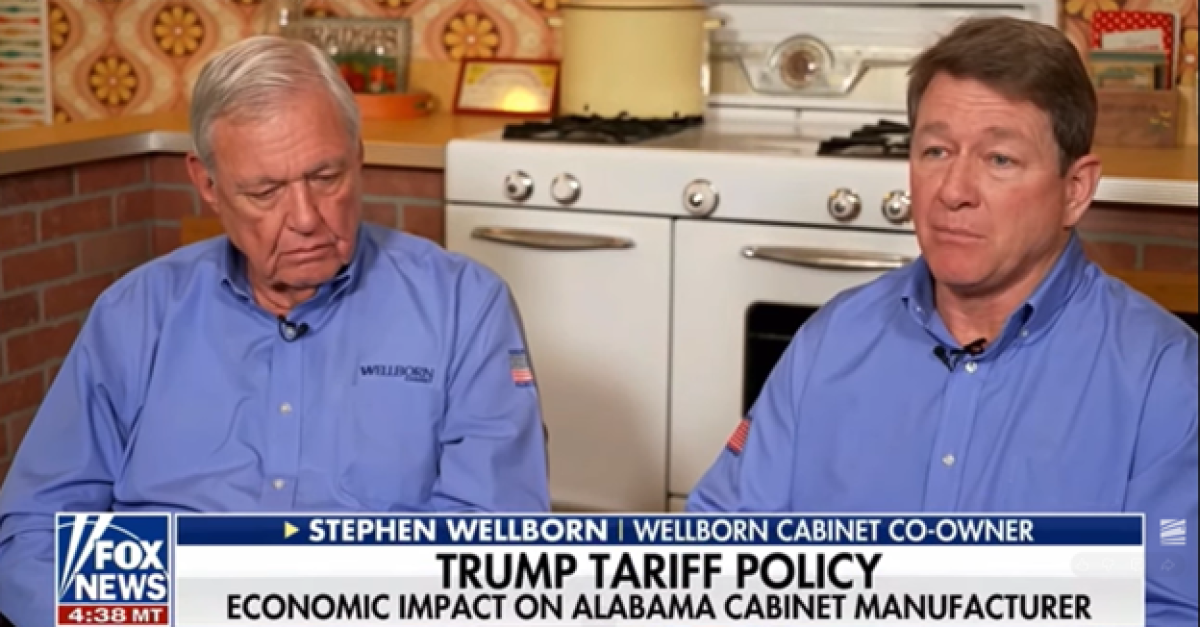On April 2, 2025, President Trump signed an Executive Order and issued a Fact Sheet declaring that foreign trade and economic practices have created a national emergency in the form of large and persistent annual U.S. goods trade deficits that have hollowed out our manufacturing base, resulted in a lack of incentive to increase advanced domestic manufacturing capacity, undermined critical supply chains, and rendered our defense-industrial base dependent on foreign adversaries.
The Order imposes responsive tariffs to strengthen the international economic position of the United States and protect American workers. In particular, a universal 10% tariff will be imposed on all imports from ALL countries, effective 12:01 a.m. EDT on April 5, 2025.
Additional country-specific tariffs will also apply. Goods from countries listed in Annex I of the Executive Order will face higher, country-specific ad valorem rates. For example, imports from Vietnam face reciprocal tariffs of 46%, imports from Malaysia 24%, and imports from Thailand 37%. The country-specific tariffs will take effect on April 9, 2025 at 12:01 a.m. EDT and will remain in effect until the President determines that the economic harms identified in the order have been addressed or mitigated.
Exemptions from Reciprocal Tariffs
Some goods are not subject to the additional tariffs (seeAnnex II of the Executive Order for the full list):
- articles subject to 50 U.S.C. 1702(b) (e.g., personal communications, certain donations, informational materials, items for travel);
- steel/aluminum articles and autos/auto parts already subject to Section 232 tariffs;
- copper, pharmaceuticals, semiconductors, and lumber articles enumerated in Annex II;
- all articles that may become subject to future Section 232 tariffs;
- bullion; and
- energy and other certain minerals that are not available in the United States.
Tariffs on Cabinets and Raw Materials Used for Cabinets
For now, most raw lumber materials used to produce cabinets are exempted from the reciprocal tariffs. In particular, the lumber articles that are exempted from the tariffs include wood in the rough, sawn wood plywood, laminated veneered lumber, block board, wood moldings, particle board, and MDF. Again, the full list of exempted items is available at Annex II of the Executive Order. These items may become subject to tariffs in the future as part of the Section 232 National Security Investigation of Imports of Timber, Lumber, and Their Derivative Products.
Wooden cabinets, vanities, and components thereof are not exempted from the reciprocal tariffs. In other words, U.S. imports of these products will be subject to the payment of the reciprocal tariffs. However, if the President imposes Section 232 tariffs in the future on wooden cabinets, vanities, and components thereof, then only the Section 232 tariffs would apply.
Mexico and Canada
For Canada and Mexico, the existing fentanyl/migration orders remain in effect, and are unaffected by this order. This means USMCA compliant goods will continue to see a 0% tariff, non-USMCA compliant goods will see a 25% tariff, and non-USMCA compliant energy and potash will see a 10% tariff. In the event the existing fentanyl/migration IEEPA orders are terminated, USMCA compliant goods would continue to receive preferential treatment, while non-USMCA compliant goods would be subject to a 12% reciprocal tariff.
For U.S. imports of cabinets from Canada and Mexico, whether the goods are “USMCA compliant” will depend on whether they meet certain rules of origin within the agreement. These rules are designed to ensure that the good is sufficiently North American in content or processing to qualify for preferential tariff treatment. Cabinets made entirely from materials that themselves qualifying as originating from North America will be considered USMCA compliant. If cabinets produced in Canada or Mexico incorporate materials originating outside of North America, whether the cabinets are USMCA compliant will depend on factors such as whether that has been substantial transformation of the materials and whether the final product meets a minimum percentage of North American content. Thus, if cabinets were made in Mexico using only raw materials sourced from China, it is likely the cabinets would not be USMCA compliant. If cabinets were made in Mexico using raw materials that were mostly sourced from North America, it is likely the cabinets would be USMCA compliant. Importers should consult the USMCA guidelines or a trade specialist to determine whether their specific cabinets are USMCA compliant.


